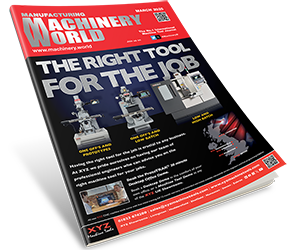The trend towards fine and polished surfaces is increasing year by
year. In the medical and food industry, fine surfaces are used to
minimize bacterial adhesion. While in gear and drive technology,
the focus is primarily on reducing noise, friction reduction is the
main concern in engine construction. In traditional mechanical
engineering, for example, durability is of high importance due to
reduced notch effect. Thus, component design can be optimized
accordingly.
In many areas, roughnesses ≤ Ra 0.1 μm are required. Due to the
use of different materials (e.g. soft to hardened steels, ceramics or
composite systems), the specification of fine grinding and polishing
tools is crucial for surface results, productivity and tool life. Our PU
bonding systems can be manufactured in different hardness grades
and adapted to the respective application.
While material removal takes place in the grinding process, tips
in the topography are mainly smoothed in the polishing process
(creating a new topography). The fine grinding or polishing process
involves a certain amount of pressure. The dressing process can be
carried out with both stationary and rotating tools.








Leave a Reply